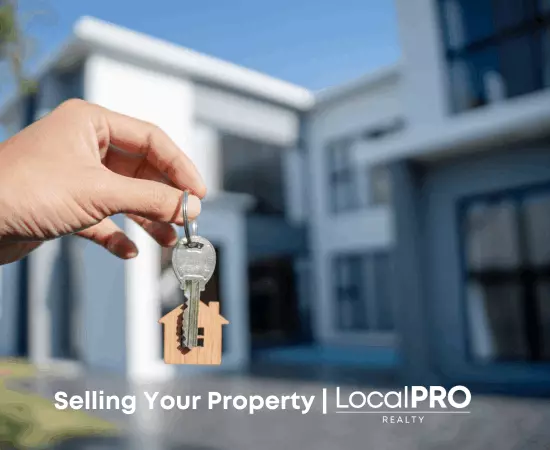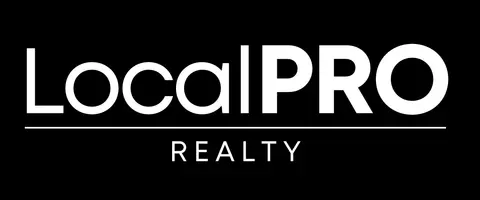

Guide to Enhancing Your Property's Value
Enhance Curb Appeal: Elevate your home's first impression. Refresh the front door with a new coat of stain or paint, tidy up the exterior trim, introduce vibrant flower boxes, and enrich your garden beds with fresh mulch. These simple yet impactful enhancements will make your property more inviting
Read More

Optimized Pre-Listing Documentation for Selling Your Home
Optimized Pre-Listing Documentation for Selling Your Home Prior to listing your home on the market, a comprehensive and strategic approach to gathering essential documentation is crucial. This not only aids in formulating an accurate pricing strategy but also facilitates a smoother transition to n
Read More

Strategic Preparation for Selling Your Property
Improving and preparing a property for sale is a critical process that can significantly impact the final sale price and the duration it takes to sell. This involves a strategic approach to making your house appealing to potential buyers, ensuring that it stands out in the competitive real estate ma
Read More


